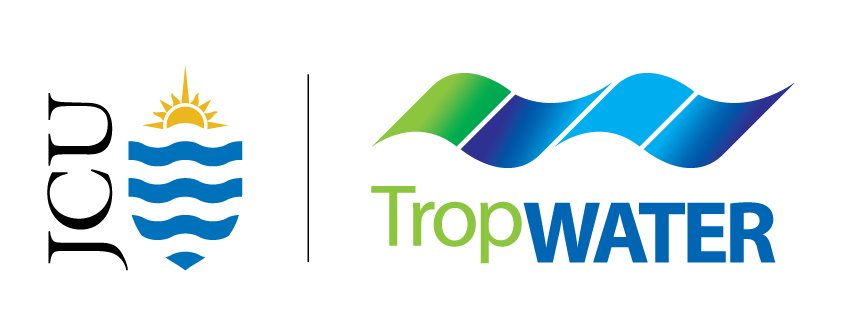Dugongs and drone-based photogrammetry
- Apr 3, 2023
- 2 min read
Updated: May 22, 2024
PhD opportunity, James Cook University
Assessing the body size and body condition of dugongs using drone-based photogrammetry
Assessments of individual animal health and condition can signal early signs of population-level effects in wildlife from environmental and anthropogenic factors. Animal health assessments relying on wild animal captures can be challenging, hindering our understanding of the well-being of populations. In marine mammals, photogrammetry techniques have been applied broadly for measuring body size and estimating body condition of several taxa, including manatees. These methods produce reliable body length and nutritional health estimates and can be used to investigate trends in growth and survival, and to identify regional differences in morphometric patterns.
This project will test and validate photogrammetry methods using small aerial drones for accurate morphometric measurements of dugongs’ body size and condition. The student will also utilise this tool in the field to answer different ecological questions relating to nutritional health in dugongs. The student and their supervisory team will work with multiple partners including academics, NGOs, and Traditional Owners and indigenous and non-indigenous land & sea rangers to collect dugong imagery data to identify regional differences in morphometrics of dugongs in places of high dugong conservation value. In return, partners may be trained to conduct drone-based body condition assessment themselves.
The student will be based at James Cook University, Townsville, Queensland, Australia, under the supervision of Dr. Christophe Cleguer (JCU) and Associate Professor Fredrik Christiansen (Aarhus University). Travel to Europe (Denmark) may be necessary during the course of the PhD.
Requirements
The successful applicant will have a First Class Honours (or equivalent) in biological science or a related field and will pick up extra points in the scoring system if they have a first-authored paper. Preference will be given to those applicants with previous experience in marine mammals’ biology/bioenergetics and evidence of strong bio-statistical and programming skills. Proven experience in working with Indigenous communities is preferred. Journal publications in these fields are desirable but not essential. Applicants must apply by 25th April 2023.
Applicants will need to be familiar with the JCU Higher Degree by Research Requirements.
Funding
A 3.5-year stipend scholarship co-funded by JCU and the National Environment Science Program (NESP) is provided ($29,900 pa for 3.5 years, tax-exempt). Funds are available to support equipment purchase and initial field implementation.
Contact
Interested applicants should send their 1) CV, 2) academic transcript, and 3) a short (max. 1 page) letter outlining their suitability and interest in the project to Dr. Christophe Cleguer at Christophe.cleguer@jcu.edu.au.


